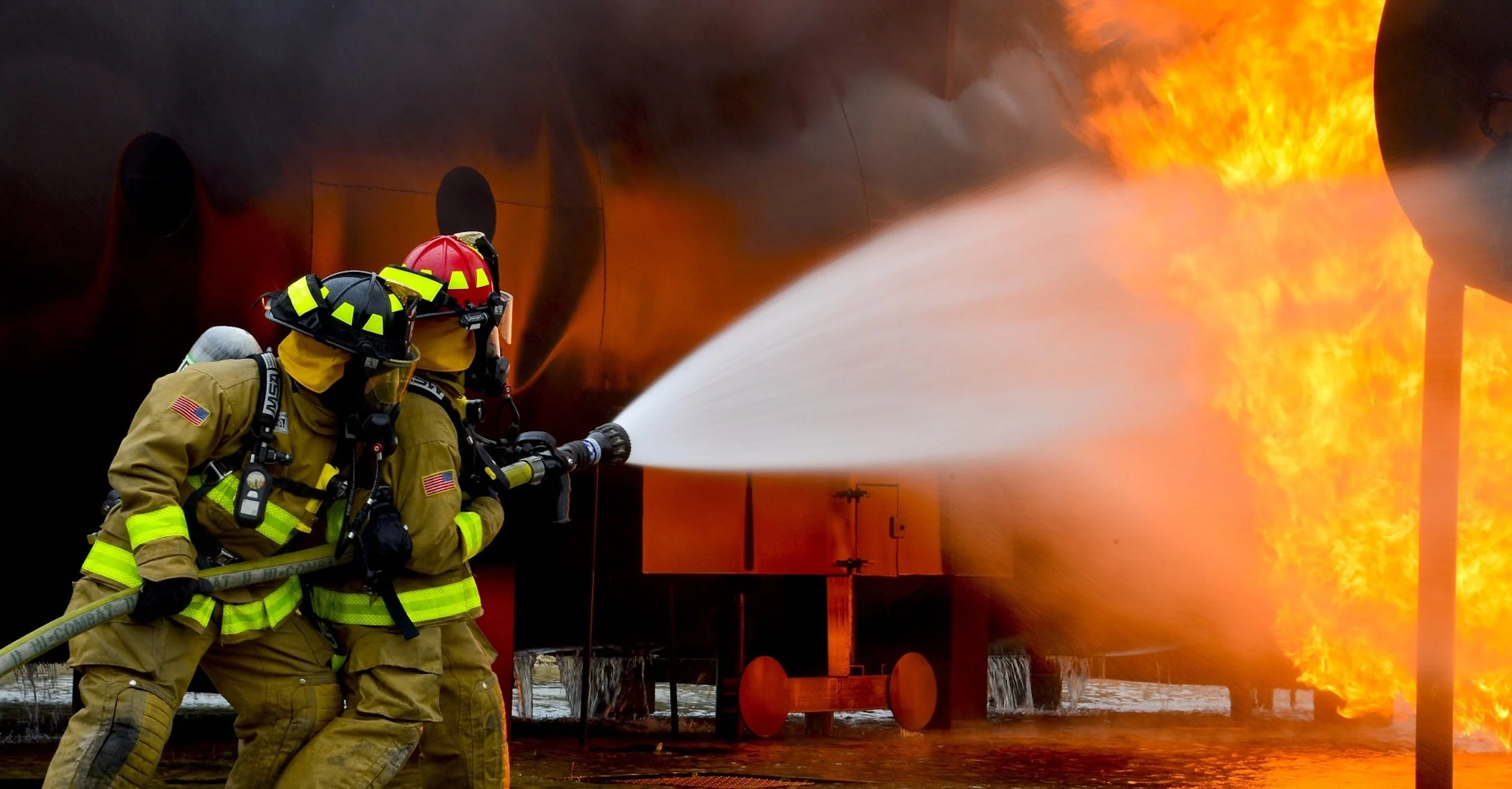The main goal of fire protection is to prevent loss of life and property. Fire protection also includes the prevention of fire spread to adjacent buildings or wildland areas.
Industrial Fire Protection
Businesses and industries also have goals for fire protection. For businesses, these goals may include minimizing downtime and losses due to fire, maintaining insurance rates, and complying with local ordinances and codes. Industrial facilities often have more stringent fire protection goals because of the potential for large-scale fires that could result in loss of life, damage to the environment, or interruption of operations. These facilities typically have comprehensive fire protection plans that address all aspects of fire prevention, detection, and suppression.
The goals of fire protection are constantly evolving as our understanding of fire grows and new technologies are developed. As our world becomes more complex, the goals of fire protection will continue to evolve to meet the ever-changing needs of society.
Prevent a Fire from Starting
One of the best ways to protect against fire is to prevent it from starting in the first place. This can be done by eliminating potential ignition sources, such as cigarettes, open flames, and electrical hazards. It is also important to maintain a clean and well-organized work area to reduce the risk of fire spread.
Detection and Suppression
If a fire does start, it is important to have an effective detection and suppression system in place to minimize damage and loss. Fire detection systems should be able to rapidly detect a fire and notify the appropriate personnel so that they can take action to extinguish the fire. Fire suppression systems are designed to extinguish a fire quickly and prevent it from spreading. These systems may include sprinklers, fire extinguishers, and suppression systems.
Evacuation
In the event of a fire, it is also important to have an evacuation plan in place so that all personnel can safely exit the building. Evacuation plans should be well-documented and rehearsed so that everyone knows what to do in the event of a fire.
The goals of fire protection are constantly evolving as our understanding of fire grows and new technologies are developed. As our world becomes more complex, the goals of fire protection will continue to evolve to meet the ever-changing needs of society.
Maintenance of Fire Protection Systems
A crucial part of fire protection is the maintenance of fire protection systems. These systems must be regularly inspected and tested to ensure that they are functioning properly. In addition, all firefighters should be trained on how to use the equipment so that they can effectively respond to a fire.
What are the different types of fire protection systems?
There are many different types of fire protection systems, each designed to protect against a specific type of fire. The most common type of fire protection system is the sprinkler system. Sprinkler systems are designed to automatically detect and extinguish fires. They can be used in both commercial and residential settings.
Another common type of fire protection system is the fire alarm. Fire alarms are designed to notify people in the event of a fire so that they can evacuate the building. Fire alarms can be either hardwired or wireless, and they can be connected to a central monitoring system.
Fire extinguishers are another type of fire protection system. Fire extinguishers are portable devices that can be used to extinguish small fires. They are usually found in kitchens, office buildings, and other public areas.
Finally, fire suppression systems are designed to prevent the spread of fire. Suppression systems can be either automatic or manual. Automatic suppression systems are typically found in industrial settings, while manual suppression systems are more common in commercial and residential buildings.
Conclusion
The goals of fire protection are constantly evolving as our understanding of fire grows and new technologies are developed. As our world becomes more complex, the goals of fire protection will continue to evolve to meet the ever-changing needs of society. If you have any fire protection-related questions, address them to a specialist like Industrial Fire





